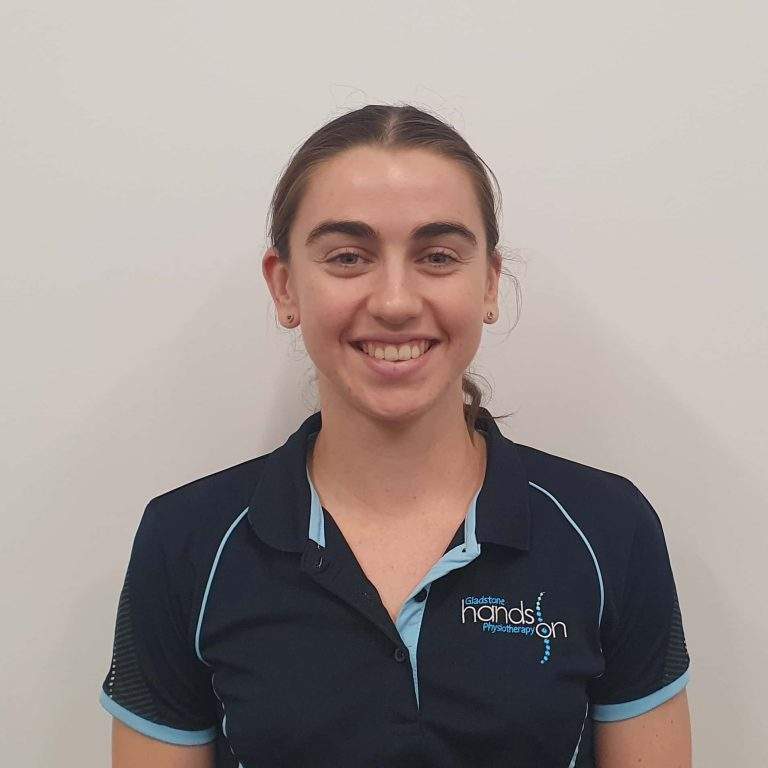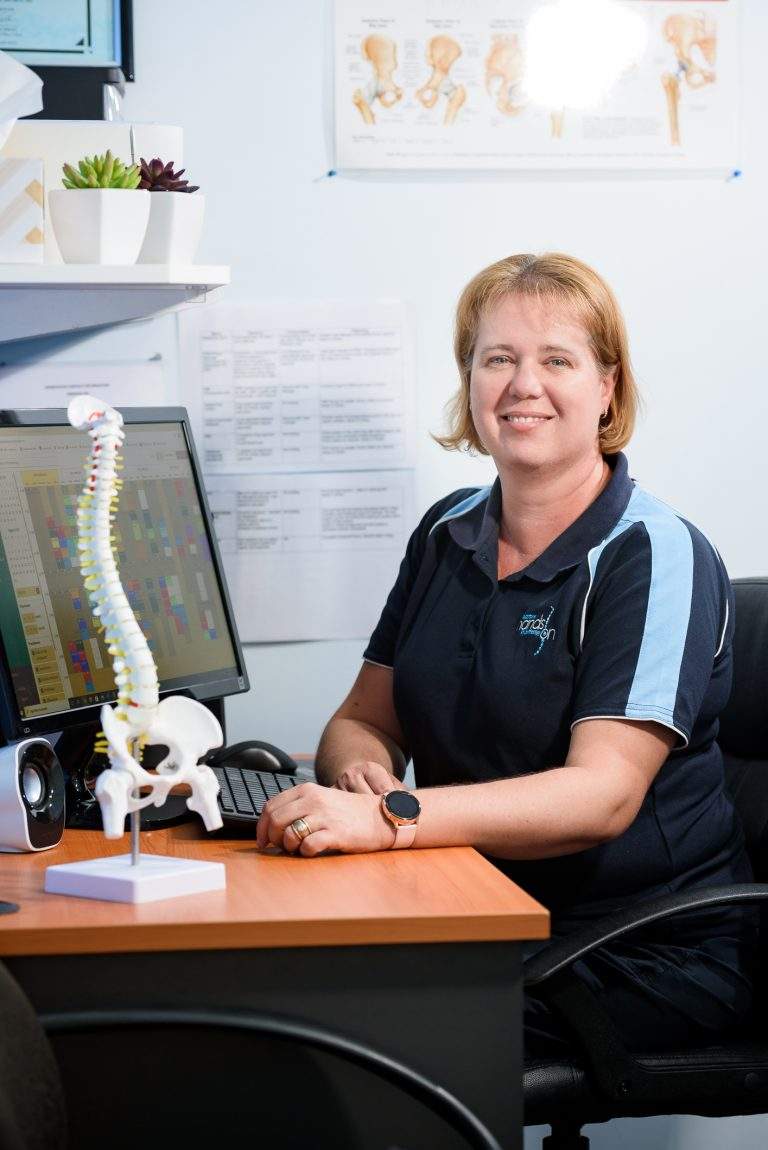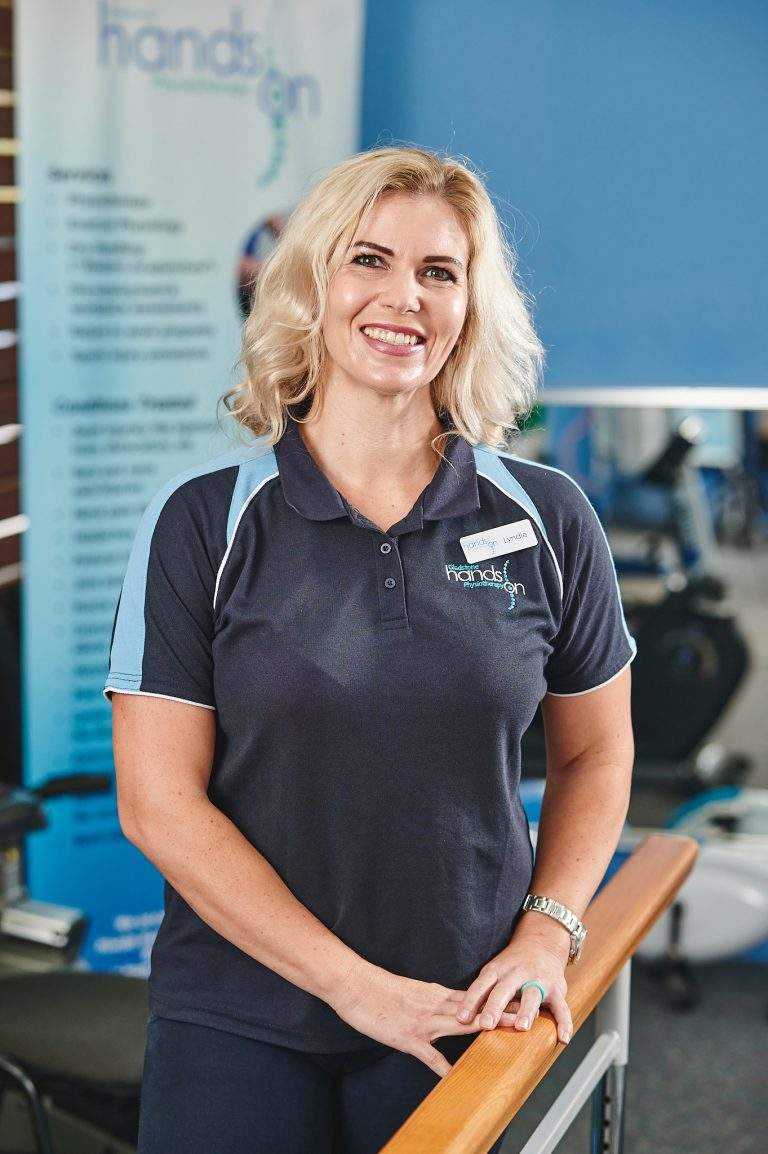Braces are devices that provide external support to joints and muscles. Braces are commonly used following an injury, after surgery, to prevent injury during sport or to support a chronic condition.
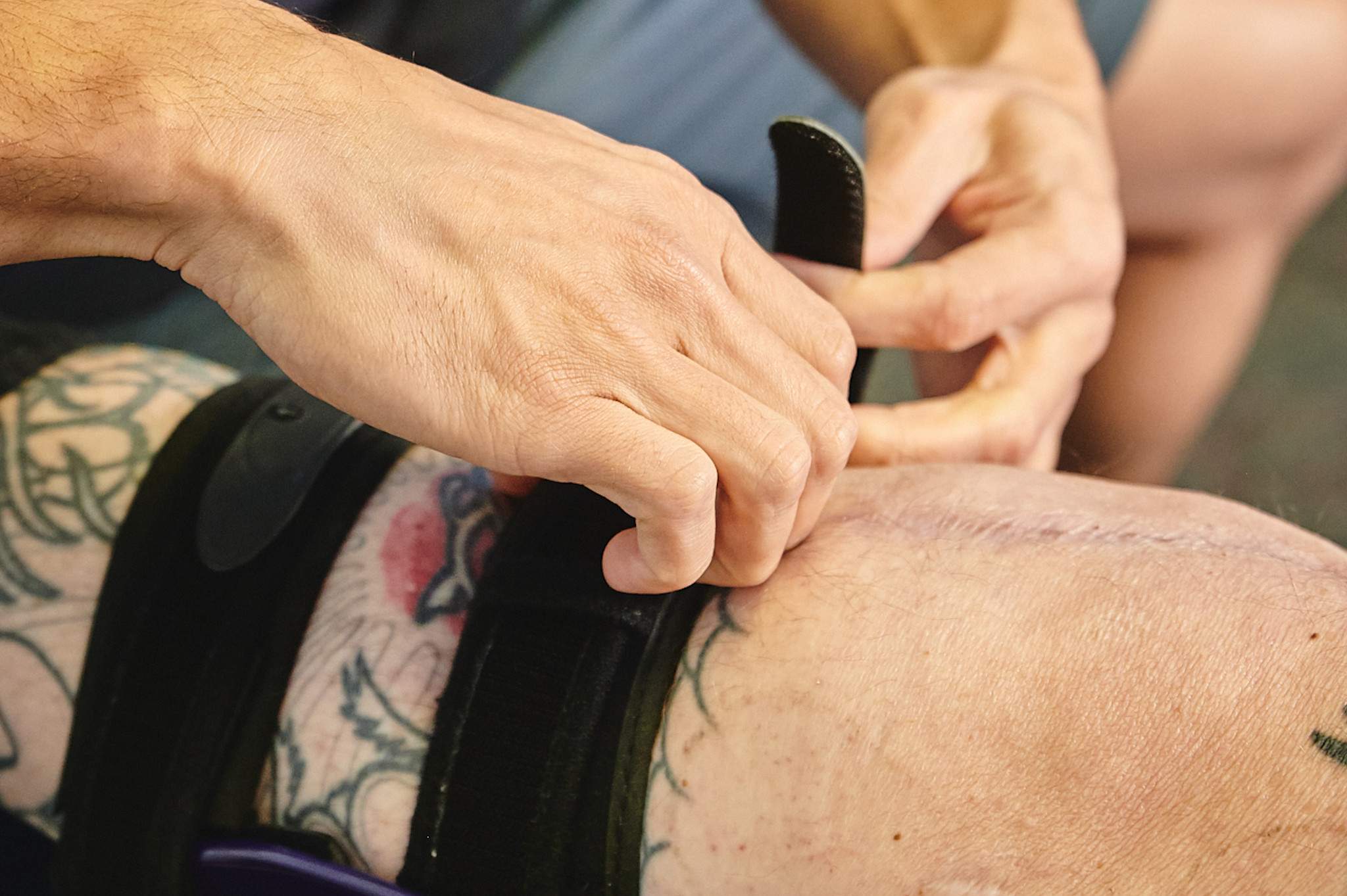
Braces may be used to restrict movement (allow joints to heal at faster rate) or help provide less painful movement. Benefits of bracing include: decrease pain by reducing the load on affected structures and by providing additional support/stability to joints.
It is essential that braces are used correctly, to achieve the desired outcomes. If used incorrectly/ inappropriately braces may promote muscle weakness or may negatively impact the rehabilitation process.
It is important to remember that bracing does not replace a rehabilitation program set out by a physiotherapist or exercise physiologist, but when prescribed correctly, it may aid in rehabilitation by reducing load, and promoting healing.
Our team at Gladstone Hands On Physiotherapy collaborates closely with reputable bracing companies to provide the most appropriate, quality bracing at competitive prices. We stock a variety of braces including DonJoy, Accutex, Vulcan, Ossur, etc. We are also recognized fitters for Ossur and DonJoy braces.
If you are not currently being treated by our physiotherapists or are unsure of which brace would be more suitable for your condition, you will need to be assessed by one of our experienced physiotherapists to ensure we provide the right brace for your condition.
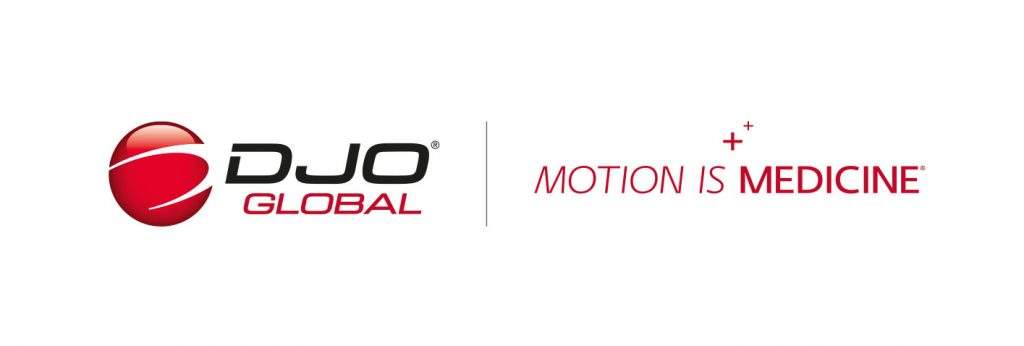


Orthopaedic braces are therapeutic devices used to help with muscle and joint dysfunction. Orthopaedic braces may be used for support, providing alignment, stabilize or to protect a certain area of the body when healing from injury or surgery.
Braces are used to support, stabilize the position of a limb or joint aiding/restricting movement. Braces may support muscle weakness or structural instabilities. Braces provide additional external support when required.
Most areas of the body can be supported by a brace or support. The most common braces include the following:
A brace can be worn all day if prescribed so by your physiotherapist or orthopaedic specialist. Incorrect use of a brace to worsen pain symptoms or weaken the joints and muscles.
Braces are considered a form of orthotics, commonly considered as an over-the-counter, ready-made orthotic commonly used to relieve pain, sensitive areas, redistribute weight, etc
